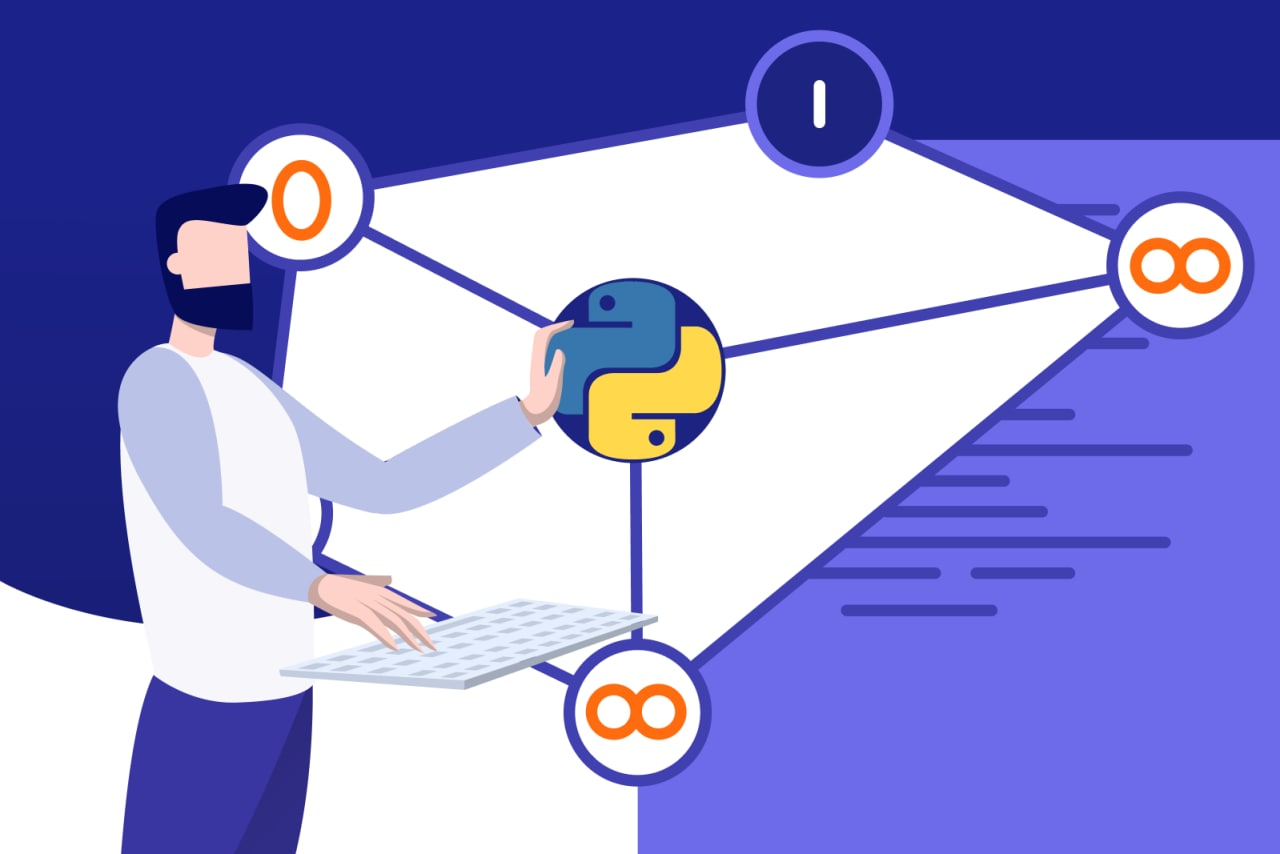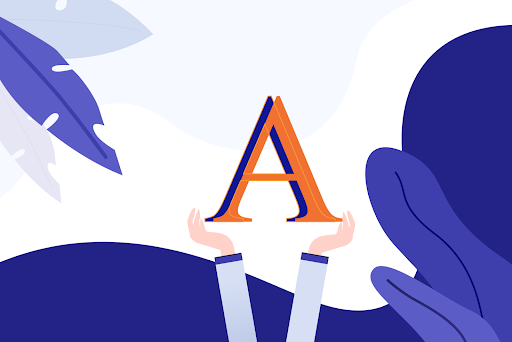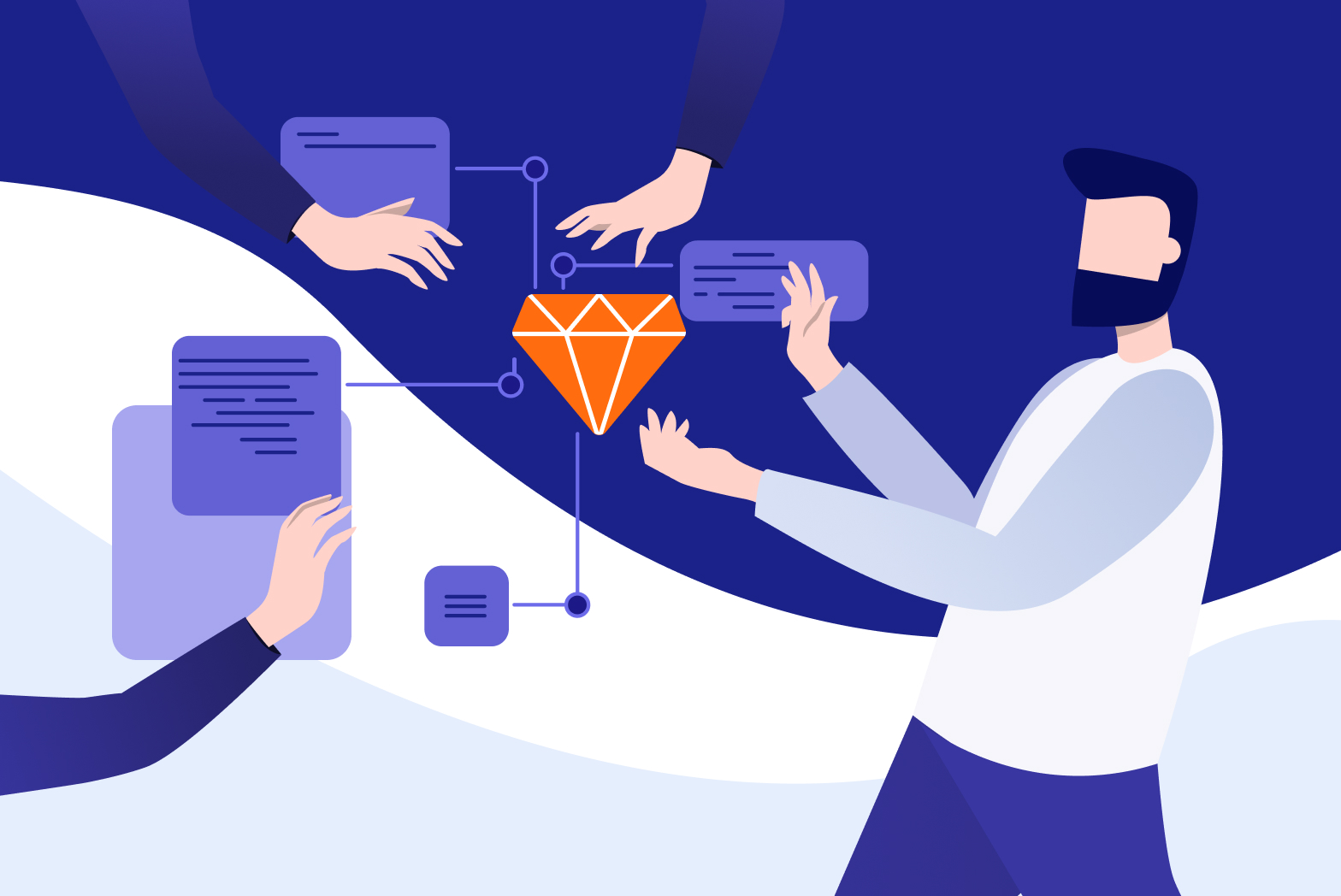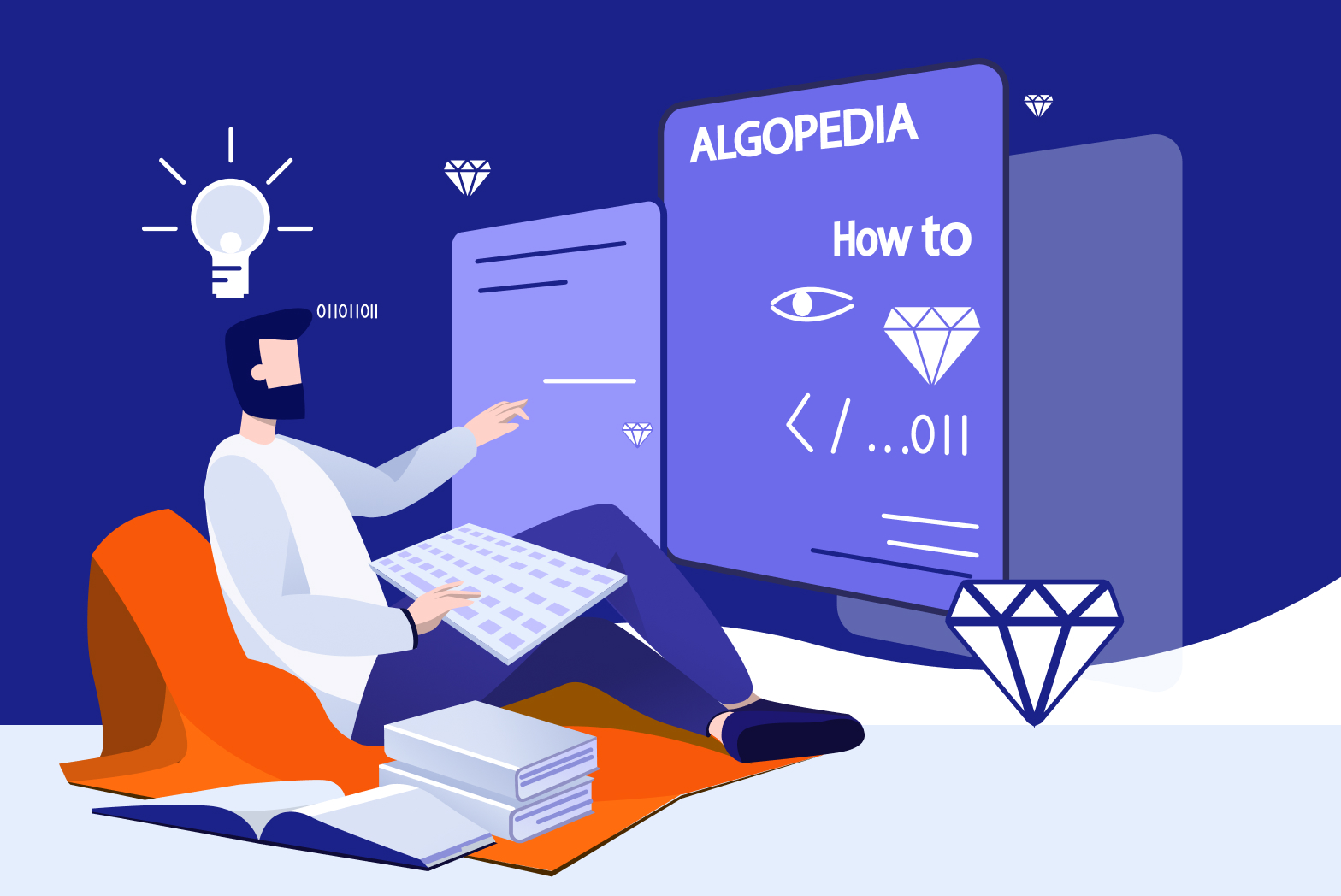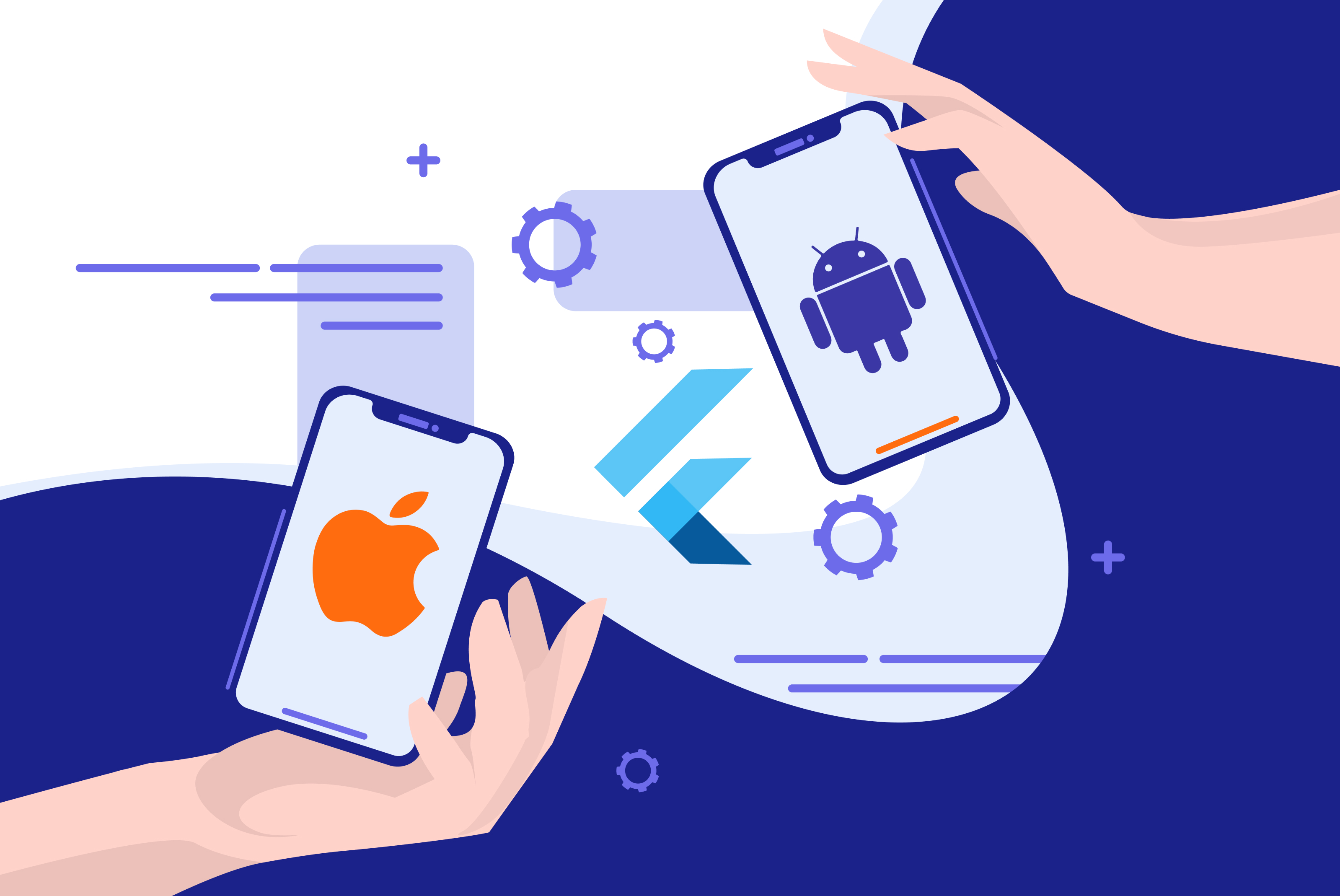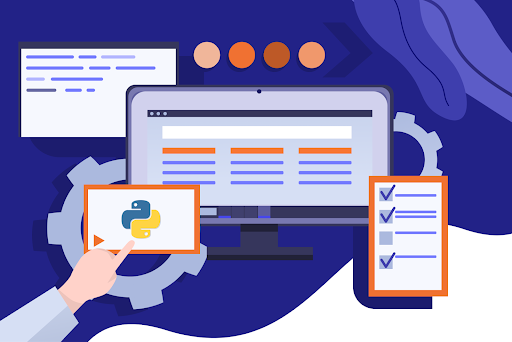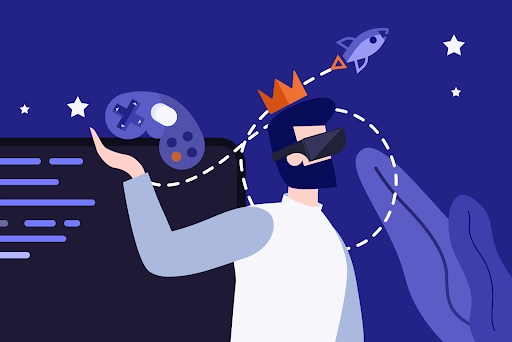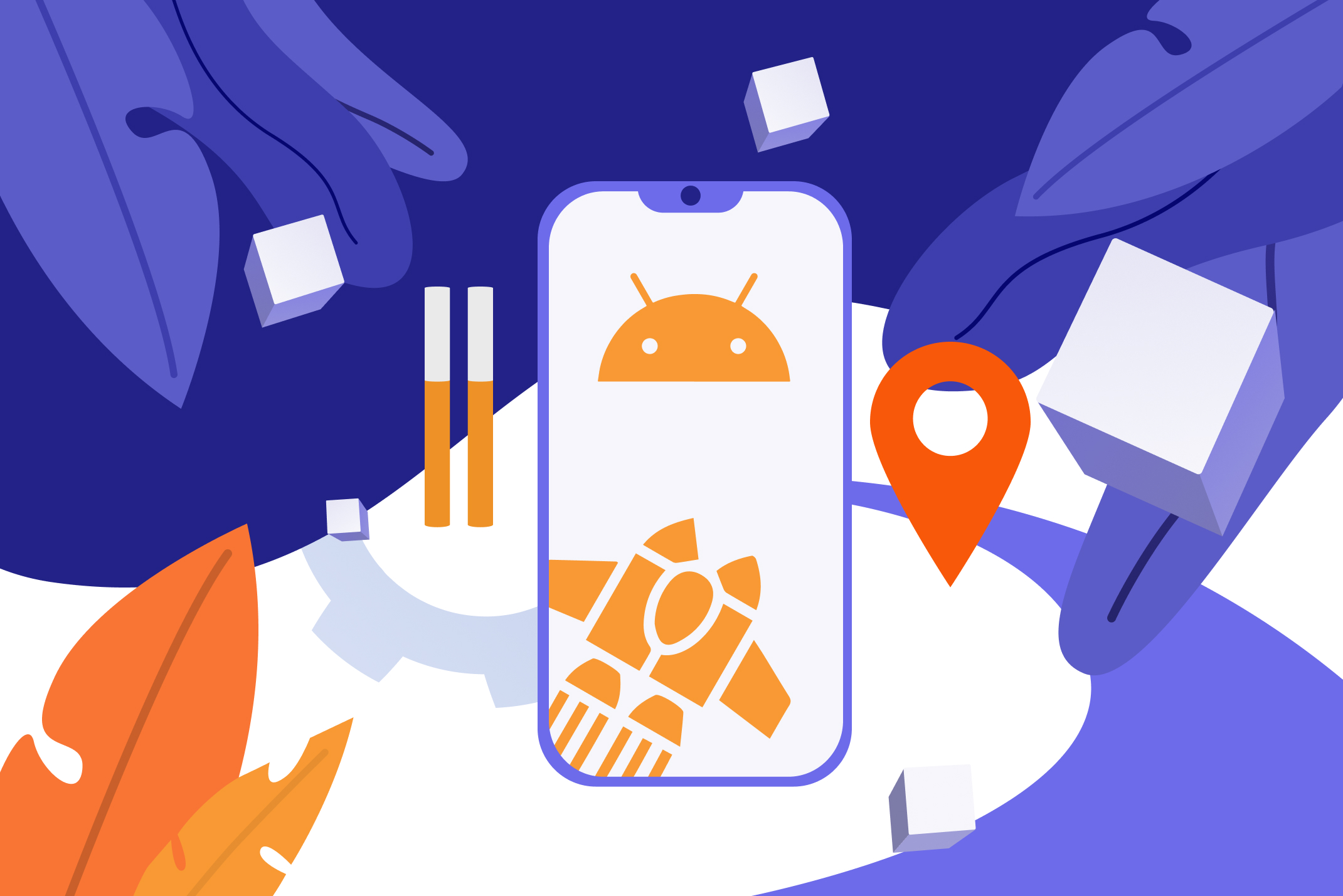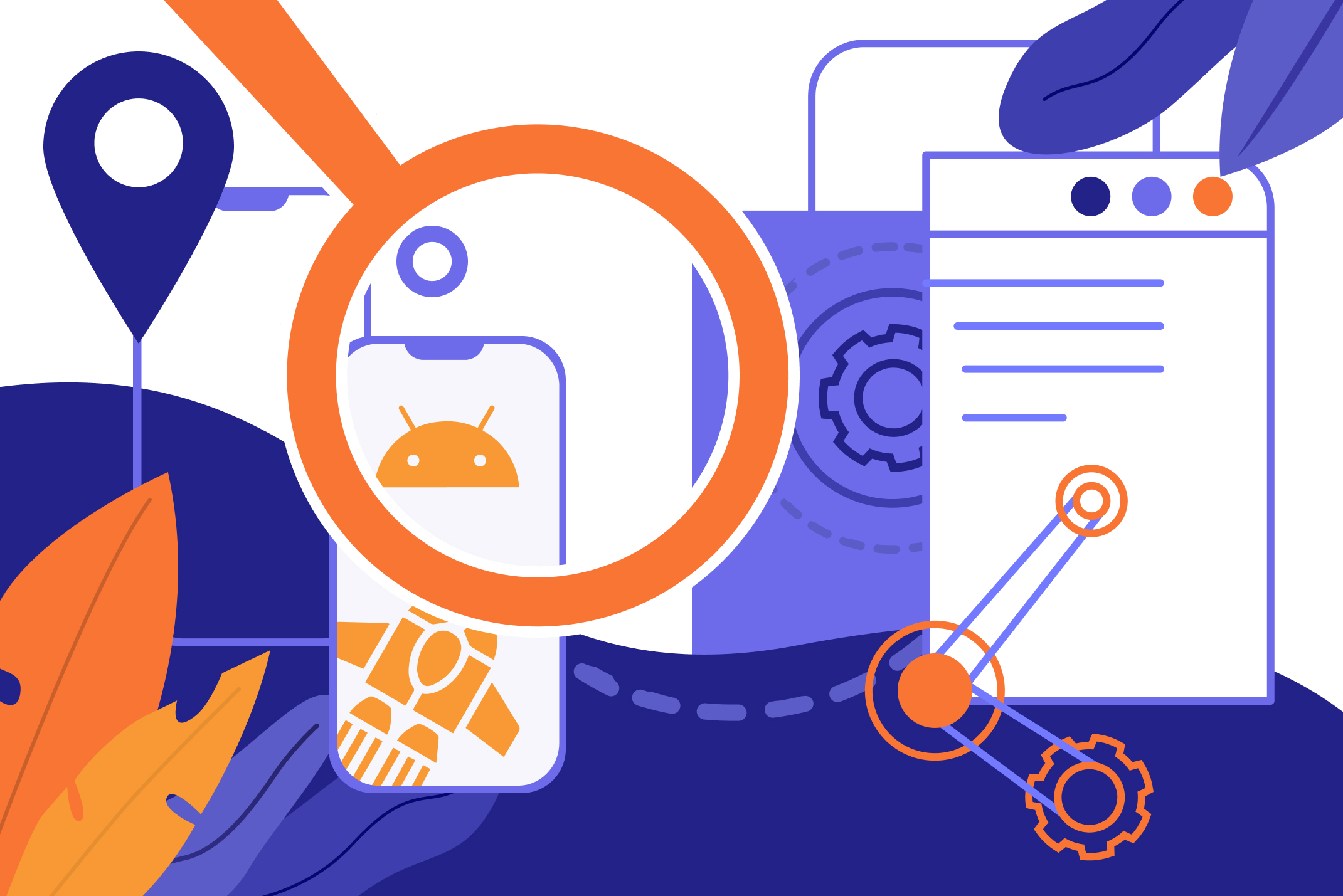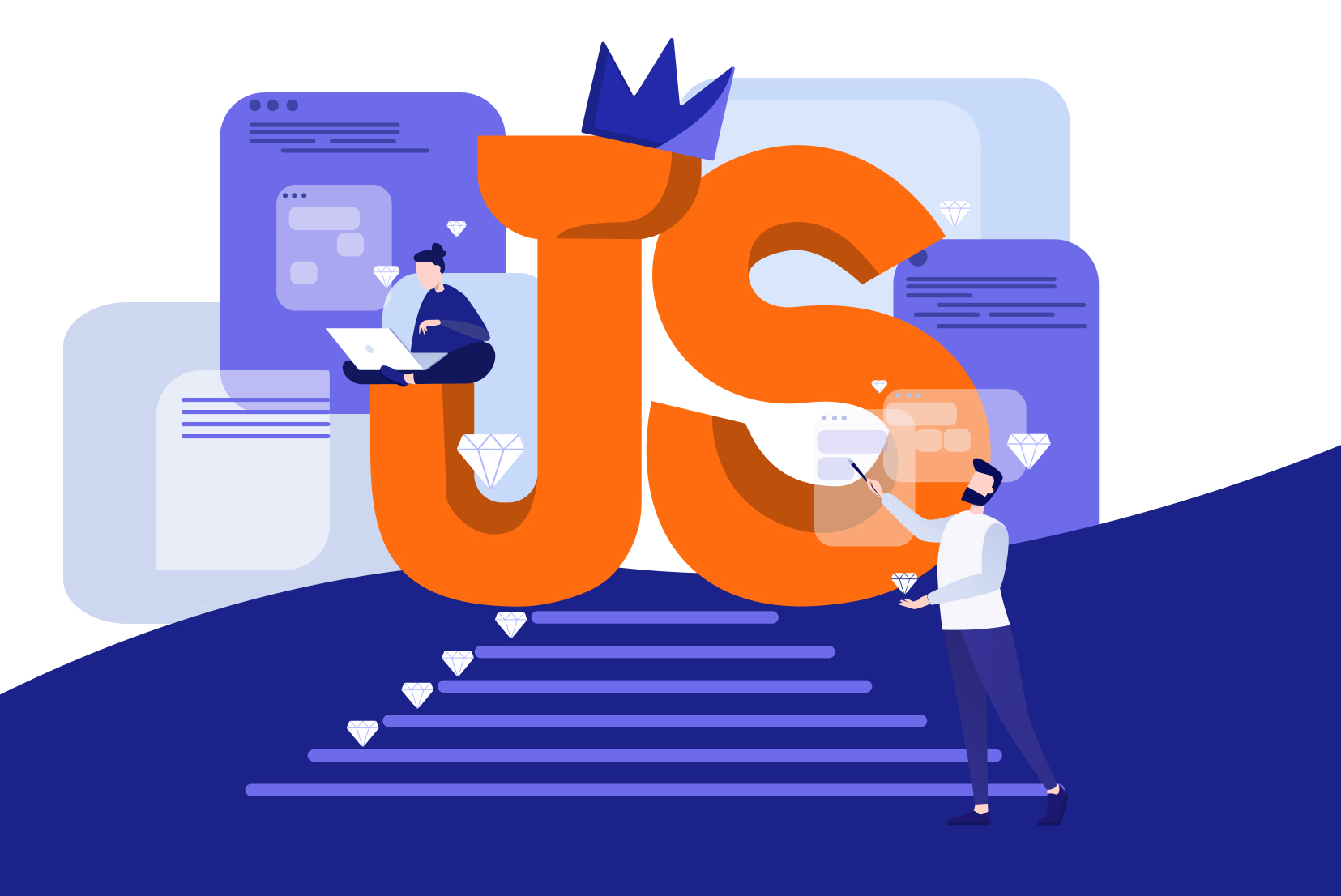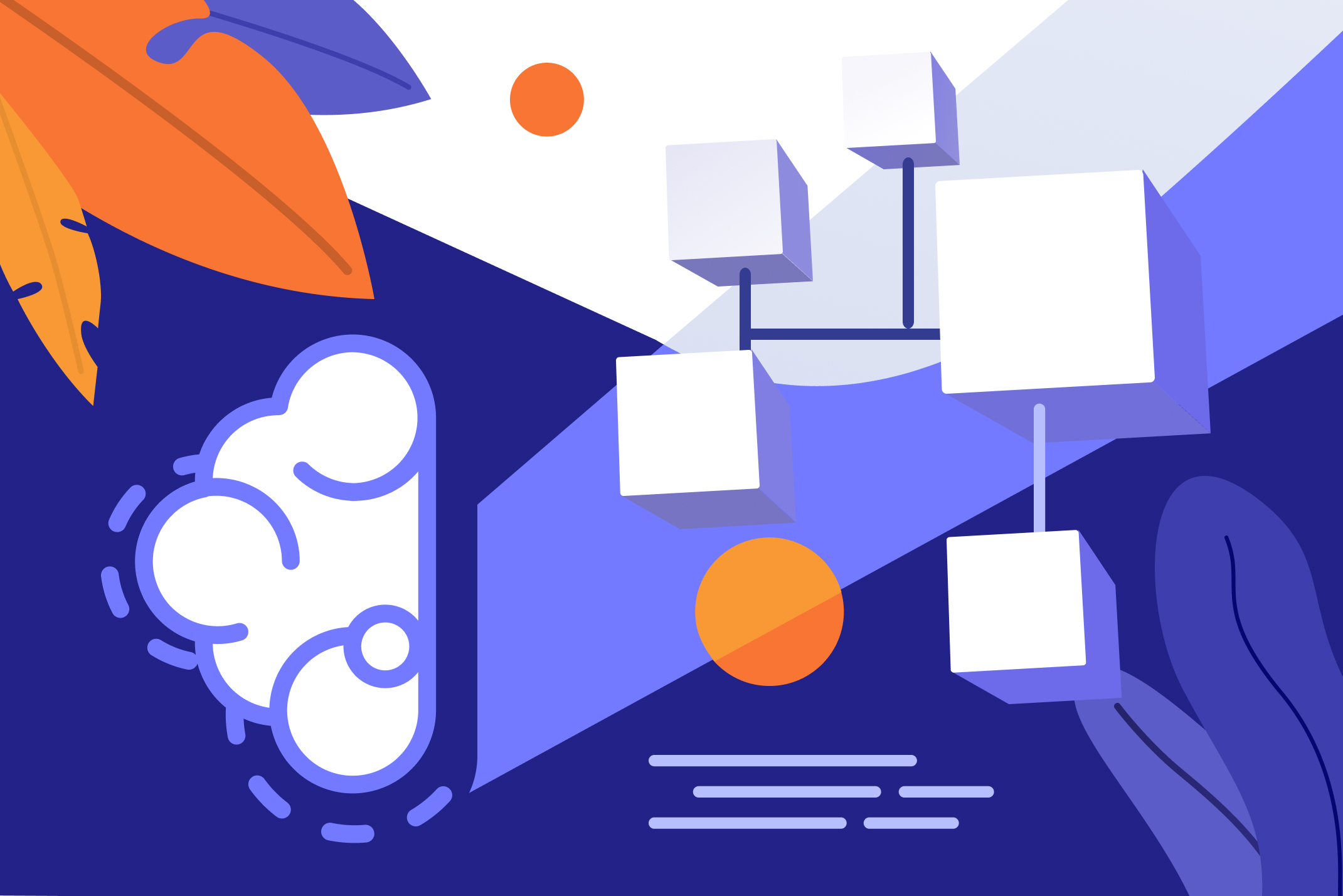
Artificial Intelligence (AI) and Blockchain are two popular trends in the technology world right now. Although both have quite different applications, researchers are looking for some exciting new ways to combine the two.
According to PwC, AI will contribute around 15.7 trillion dollars to the world economy by 2030, raising the global GDP by 14%. It’s also predicted that the business value that Blockchain technology adds will also increase to 3.1 trillion dollars by 2030.
Both of these technologies aren’t exactly easy to master, but there is also no denying that they can benefit from one another. Blockchain also makes AI more understandable and coherent, and a Blockchain ledger can record all variables and data to analyze your decisions in machine learning.
It makes sense to bring them together to enhance the underlying architecture of Blockchain and increase AI's potential.
Here are some possibilities:
Creation Of Diverse Data Sets
Blockchain technology builds transparent, decentralized networks that anyone can access across the globe in any public network setting, which isn't the case with artificial intelligence projects.
While Blockchain controls cryptocurrencies, you can also apply its network to various industries for decentralization. Furthermore, you can create decentralized, smarter AI-Blockchain networks that can help you host multiple data sets when you combine the two.
Also, when you create an Application Programming Interface (API) in Blockchain, it allows the AI agents to intercommunicate. As a result, you can build various algorithms on diverse data sets.
Data Monetization
The monetization of data is another disruptive innovation that you can achieve by combining Blockchain and AI. This promises to become a significant revenue source for big enterprises such as Google or Facebook.
Blockchain enables you to cryptographically protect your data and use it as you see fit. This also lets you monetize your data personally if you opt for it without compromising your personal information. This is imperative to understand for you to create data sets and combat biased algorithms in the future.
With AI networks, you can buy data from its creators via data marketplaces. This makes the entire process smoother than before, without tech giants needing to exploit its users.
For instance, Core Scientific integrates AI infrastructure and personalized blockchain with existing business networks during the upgrading process of a business's software, servers, and infrastructure that performs all tasks from supply chain tracking to reporting data in real-time.
Data Protection
Artificial intelligence's progress is solely dependent on the data input — your data. AI gets the information about different things, and basically, that data feeds AI, and it enables AI to improve continually.
In contrast, Blockchain technology allows for encoded data storage on a distributed ledger. Moreover, it lets you create a fully secured database that the authorized user can easily access. But make sure that when combining AI with Blockchain, you have a backup plan system for highly valuable and sensitive data.
Transparency
With Blockchain and AI integration, you can easily monitor and control data. Data scientists and experts can access all of the information and minimize tampering or interference with the data.
For instance, Bext360 uses blockchain and AI to boost supply chain process efficiency and transparency in the timer, coffee, mineral, and seafood. The company's artificial intelligence gauges crops and anticipates growing patterns, while the Blockchain technology ensures the product's supply chain recording from a seed to a finished product.
Another example is Algo, which establishes code authorship for potential future copyright disputes. With a few simple steps, you can protect your code from possible plagiarism or illegal use by third parties.
Coders and designers are able to instantaneously deposit their code or design into a repository and record that fact using a Blockchain network, thereby guaranteeing the data trail’s immutability and the IP item’s transparency of authorship.
Wrapping Up
The integration of AI and Blockchain technology is still a fundamentally undiscovered area. However, their convergence has the potential to leverage data in ways never thought about before.
Data is paramount for the enhancement and development of AI algorithms. Blockchain protects this data, allows you to audit all transitional steps that AI takes to make deductions from the data, and lets the individuals monetize their generated data.
The convergence of Blockchain and AI can be incredibly revolutionary, but it is imperative to plan appropriately. However, there is real disruption potential there, and it can rapidly develop with time.
